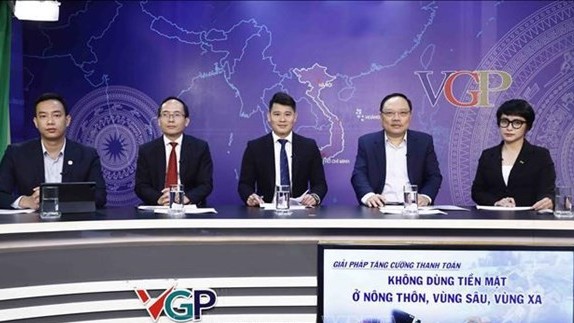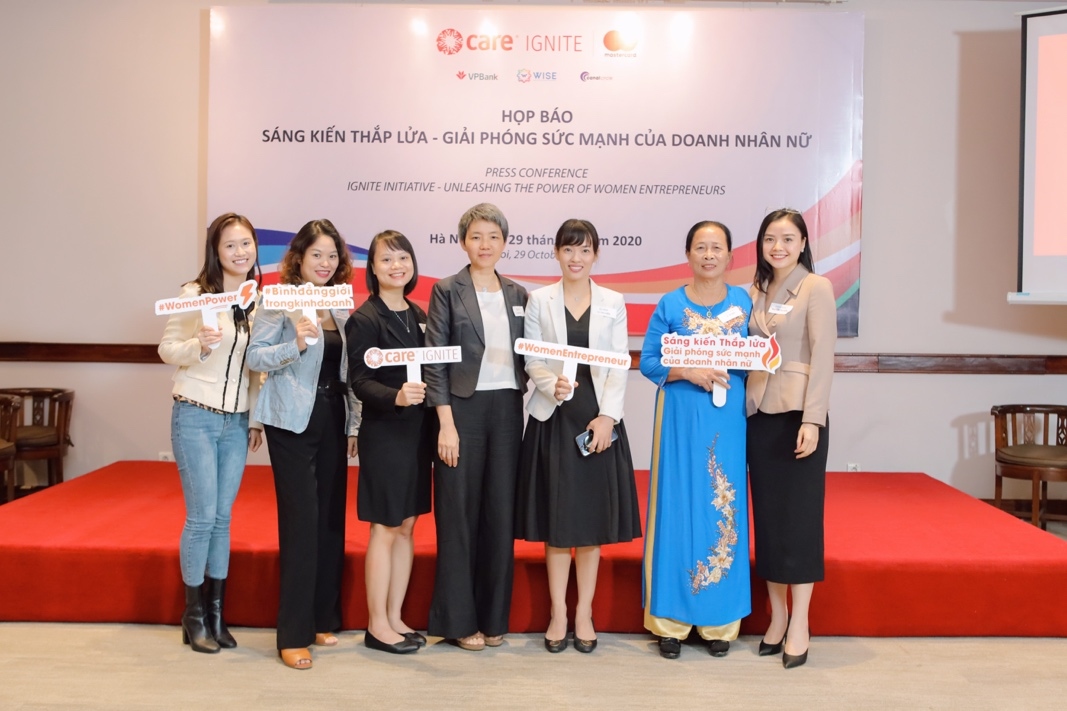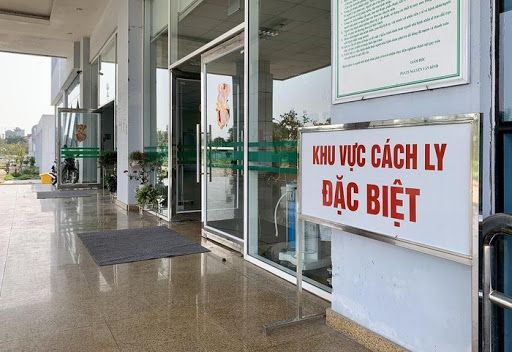
Mastercard helps elevate Viet Nam’s cashless momentum through payments innovations
Latest
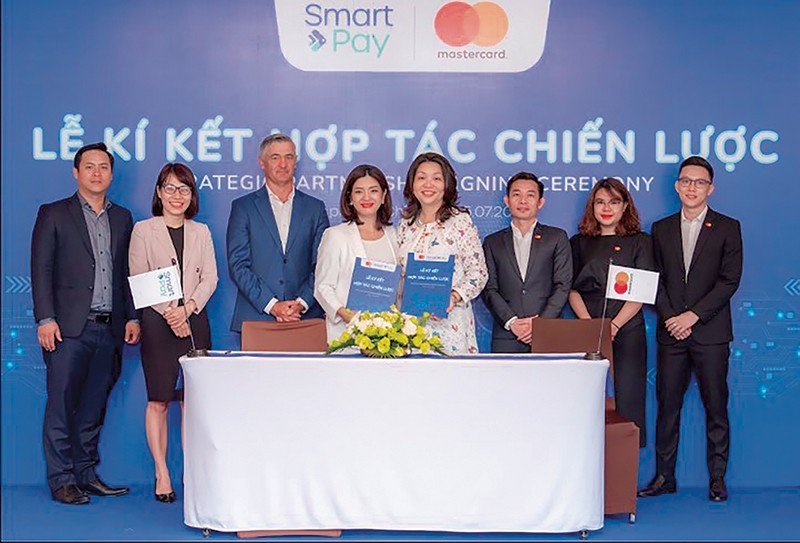 |
| Mastercard extends strategic partnership with SmartPay to drive the adoption of cashless payments in Viet Nam. |
This trend demonstrates that the adoption of new payment technologies in Viet Nam is on the rise and consumer appetite for new, fast, and flexible digital experiences continues to grow. Vietnamese consumers are at the forefront of this shift, with a strong willingness to embrace new technologies and an openness to innovative solutions that can enhance their financial lives.
As the Vietnamese government continues to invest in programs and infrastructure to promote cashless and digital habits, and as businesses of all sizes see the huge opportunity in investing in cashless payment methods, we expect to see even more growth and adoption of digital payment technologies in Viet Nam in the coming years.
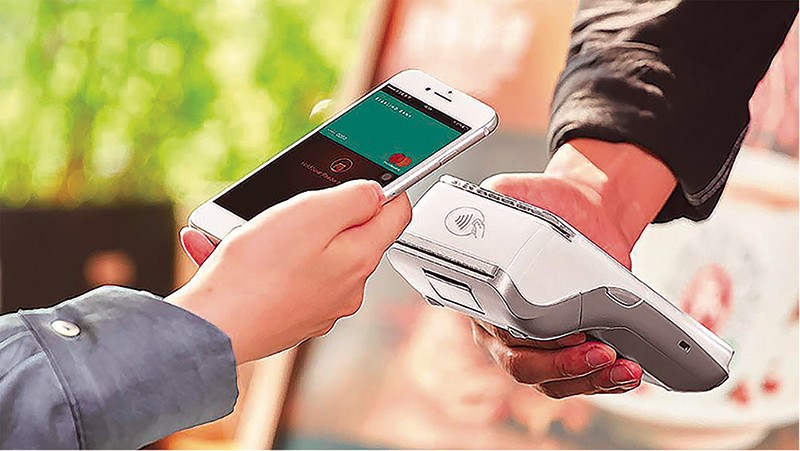 |
To sustain this growth momentum, there are some factors that Viet Nam needs to focus on:
One of the key factors to sustain this trend is promoting financial literacy among the population. This involves educating the public on the benefits of digital payment methods and how to use them securely and efficiently. Educational resources should be made available to diverse groups, such as low-income households, and rural communities to ensure equal access to information, which will help overcome security concerns and encourage more widespread adoption of cashless payments.
Another crucial factor is increasing accessibility to digital payment methods. Making them widely available and easy to use for both consumers and merchants will drive adoption and create a foundation for a cashless society. This means expanding the network of digital payment providers and encouraging competition, which will lead to better services and lower costs.
Lastly, security concerns remain a significant obstacle to adoption, and collaboration between all stakeholders is necessary to implement secure digital payment technologies that give businesses and consumers peace of mind when making and receiving digital payments. Collaboration between banks, merchants, and other stakeholders can create a seamless and interoperable digital payments ecosystem in Viet Nam, addressing current challenges in the industry. This collaboration can result in a more efficient payment network with faster settlement times and lower transaction costs, benefiting businesses and consumers alike.
Mastercard commits to partnering with Viet Nam to work towards a comprehensive cashless society
Mastercard, a global payments technology company with over 50 years of worldwide experience, has pioneered technology to make payments simpler, smarter and safer. With connections across more than 210 countries and territories, the company is building a sustainable world that unlocks priceless possibilities for all.
In Viet Nam, Mastercard is tirelessly committed to fostering the growth of the digital financial economy through initiatives and collaborations in the market. By partnering with key players in the finance and banking sectors, including governments, banks and fintechs, Mastercard is creating powerful infrastructures and a vibrant payment landscape with the highest levels of speed, security, and accessibility. As an exemplar of its unwavering commitment to collaborative progress, Mastercard has been working with several esteemed partners such as VietBank and Vidiva, striving to usher in transformative change by implementing an Open-Loop payment system on city buses in Ho Chi Minh City, or the extended partnership with SmartPay to implement 600,000 Mastercard QR acceptance across the SmartPay registered merchant network nationwide to help MSMEs reach and serve millions of domestic and international cardholders.
As digital payments become increasingly prevalent in Viet Nam, it is more important than ever to ensure all stakeholders across the payment ecosystem are protected at every step of the transaction process. Mastercard recognizes this need and has been working closely with its partners in the country and around the world to develop cutting-edge cybersecurity solutions that benefit all. Mastercard has recently announced a strategic partnership with Vesta - a global transaction guarantee company for online purchases to deliver state-of-the-art fraud management solutions for merchants in Asia Pacific. The partnership will involve the integration of Mastercard’s Cyber & Intelligence (C&I) products and solutions into Vesta’s transaction guarantee platform, which will allow merchants to eliminate online fraud, approve more transactions and grow their business.
Winnie Wong, Country Manager for Viet Nam, Cambodia, and Laos at Mastercard shared: “Committed to enabling a “World Beyond Cash”, Mastercard is honored to collaborate with the government of Viet Nam and its partners in developing solutions that support a more comprehensive financial society in Viet Nam, supporting the nation on the vision of a cashless economy. Mastercard aims to bring the most advanced payment technologies, solutions, and global expertise to provide tailored and optimal programs and solutions to meet the needs of its partners, businesses, organizations, and the people”.
| TIN LIÊN QUAN | |
| Cashless payment promoted in rural and remote areas | |
| NAPAS promotes cashless payment in remote areas | |




